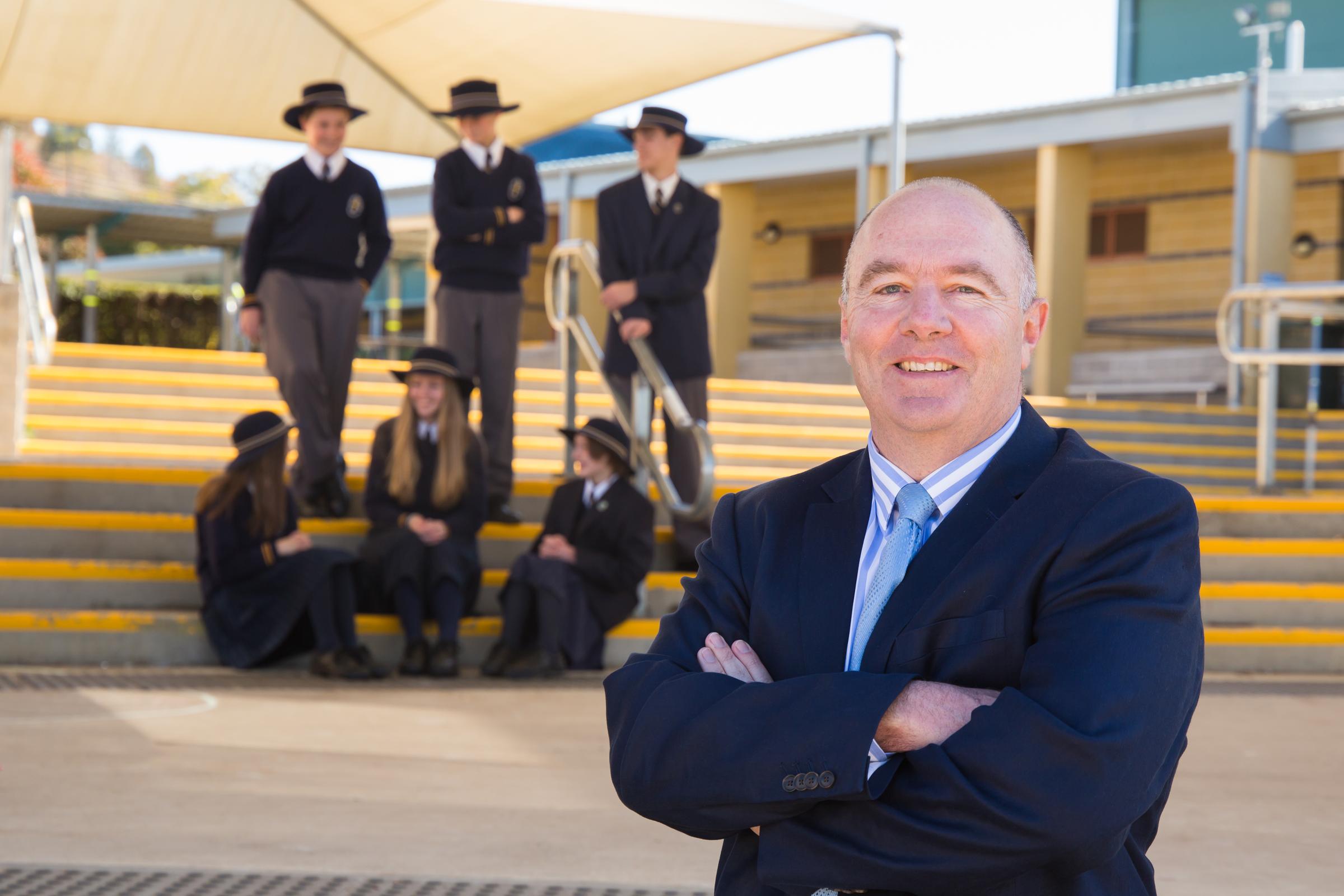Assistant Principal - Mr Larkin

Progress Not Perfection
When recently viewing a Denzel Washington film my interest was piqued when the main character exhorted another whom they were trying to help with the advice: “Progress not perfection.” It stayed with me all night as the phrase aptly captures the dilemma that so many face in contemporary society – the incessant desire for rapid, instant change to be slimmer, happier, smarter, wealthier, in short, perfect.
For our students saturated by such pervasive cultural values this can make learning at school seem tedious, antiquated and pointless.
The journalist and social commentator, Adele Horin, wrote a wonderful article a number of years ago that I have kept, titled ‘You can’t change habits of a life-time in a weekend of self-help classes’. In this article she critiques the burgeoning industries that prey on the human desire for change by promising a ‘quick fix’. She discovered that many who attended such courses initially felt elated, transformed and inspired but this was rarely sustained in the long term: “real transformation mostly takes years of committed effort” she concluded.
Deep down we all know this but when living in the midst of such fast-paced, pressurised lives the glittering allure of the quick fix solution beckons and often drowns out reason and sense – the marketing gurus know their stuff!!
The psychologist Carol Dweck has devoted her life to this problem and has been working on ways to help students with this issue. Her research has led her towards the idea of the ‘Growth Mindset’ – that is, understanding that intelligence is not a fixed quality or attribute but something that can be developed over time given the right approach or mindset.
At this time of year, when students are completing their last assessments and studying for exams it is vital that they focus on making progress rather than trying to attain a perfection that rarely exists. Achieving their personal best is what matters most.
To help foster a ‘Growth Mindset’ within your students at home I suggest that you encourage them to use the following strategies, particularly when they encounter difficulties or challenges:
- What am I missing? (when they are struggling with a task)
- I seem to be on the right track (when things are going well)
- I am going to train my brain to do this (when faced with a challenging subject)
- This is going to take some time (when a task is difficult)
- I am going to figure out how they are doing it (when learning to learn from peers)
This becomes a much more powerful learning experience for your child rather than jumping in and solving the problem for them. A useful short video we like to use with the students is https://vimeo.com/117364809 about the Learning Pit.
Talking to a wide range of parents this year, I am impressed by the way so many emphasise the importance of effort over the final result – it is a clear indication of the healthy and constructive approach so many parents adopt with their child’s learning. We know that when you sustain effort over a long period that growth and development are the inevitable by-products.
If we can develop a ‘Growth Mindset’ with strong, purposeful habits and routines than the process of learning will be life long and enriching. As Proverbs tell us “Train up a child in the way he should go; even when he is old he will not depart from it.”
Mr Mick Larkin - Assistant Principal
